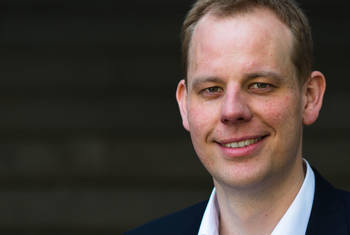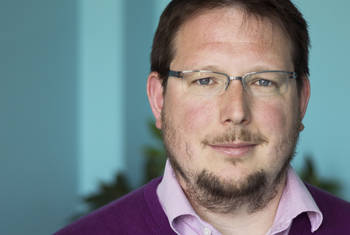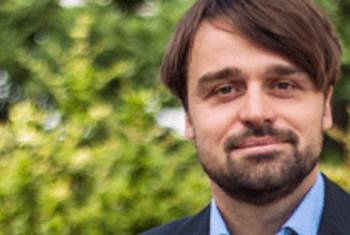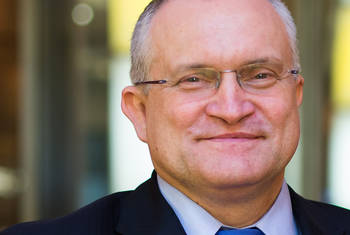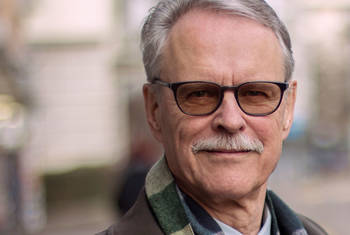Alexander Morell Do Exclusivity Rebates Cause Psychological Switching Costs in Consumers?
Alexander Morell is Senior Research Fellow at the Max Planck Institute for Research on Collective Good in Bonn (Germany). He is a doctor of laws and holds a PhD in economics. In his research he focuses on civil law, antitrust law and experimental economics. Morell was awarded the Otto-Hahn-Medal of the Max Planck Society for his doctoral thesis on target rebates.
Area of Research
Civil Law, Antitrust Law, Experimental Economics
since 2011
Senior Research Fellow
Max Planck Society (more details)
Max Planck Institute for Research on Collective Goods
2011
Law Clerk
European Commission, DG Market (Financial Services Regulation)
2010
Law Clerk
Freshfields Bruckhaus Dehringer, Dispute Resolution
2010
Law Clerk
German Cartell Office
2009
Law Clerk
Public Prosecutor of Bonn
2009
Law Clerk
District Court of Bonn
2008-2008
Visiting Researcher
University of California, Berkeley
Berkeley Law School
2006-2011
Research Fellow
Max Planck Society (more details)
Max Planck Institute for Research on Collective Goods
2001-2005
Student Research Assistant
University of Bonn (Rheinische Friedrich-Wilhelms-Universität Bonn)
Institute for Legal History
2015
PhD in Economics
Friedrich Schiller University Jena (Friedrich-Schiller-Universität Jena)
Thesis "Opportunities of Cross-Fertilization between Law and Experimental Economics"
2011
Second State Exam in Law
Ministry of Justice, Northrhine-Westfalia
2010
Doctor of Laws
University of Bonn (Rheinische Friedrich-Wilhelms-Universität Bonn)
International Max Planck Research School
2006
First State Exam in Law
University of Bonn (Rheinische Friedrich-Wilhelms-Universität Bonn)
Appellate Court of Düsseldorf
2004
Diplôme du Cycle
Institut d’Etudes Politiques (Sciences Po) Paris
Fellowships
- Friedrich Ebert Foundation (2002-2006)
- Otto-Hahn-Medal (2011)
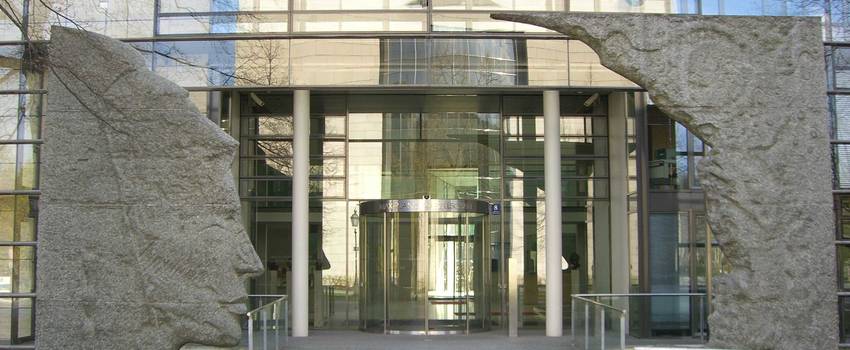 © Maximilian Dörrbecker
© Maximilian Dörrbecker
Max Planck Society
"The Max Planck Society is Germany's most successful research organization. Since its establishment in 1948, no fewer than 18 Nobel laureates have emerged from the ranks of its scientists, putting it on a par with the best and most prestigious research institutions worldwide. The more than 15,000 publications each year in internationally renowned scientific journals are proof of the outstanding research work conducted at Max Planck Institutes – and many of those articles are among the most-cited publications in the relevant field." (Source)
Institute
Max Planck Institute for Research on Collective Goods
"Many goods are not obviously best provided by unregulated markets. This does not necessarily imply that government does a better job. But research can do society a service in defining why markets have a hard time with some goods, and in comparing institutional arrangements aiming at their provision. In a precise way, the problem is defined by the concept of public goods. Capitalising on the theory of mechanism design, it can be further improved. Using experimental methods, it can be put into perspective. Yet some social dilemmas are better analysed in alternative categories. It may even be preferable to start analytically from the political decision to intervene into markets. The institute tackles these questions from the combined perspectives of economics, law and psychology. While the institute started with applications from environmental problems, current work focuses on antitrust, regulation and financial stability." (Source)
Map
Firms, be it coffee shops or airlines, often try to bind customers with exclusivity rebates rewarding loyalty. The lab experiment presented in this video reveals that these programs are “sticky”: customers stay in those programs longer than would be “rational”. As ALEXANDER MORELL explains, customers often don’t switch to alternatives even if reaching the rebate becomes improbable. Contrary to common behavioral assumptions, the duration of rebate programs or the size of rebates did not affect the stickiness of the rebate.
LT Video Publication DOI: https://doi.org/10.21036/LTPUB10018
Sticky Rebates: Target Rebates Induce Non-Rational Loyalty in Consumers
- Alexander Morell, Andreas Glöckner and Emanuel V. Towfigh
- Published in 2009


